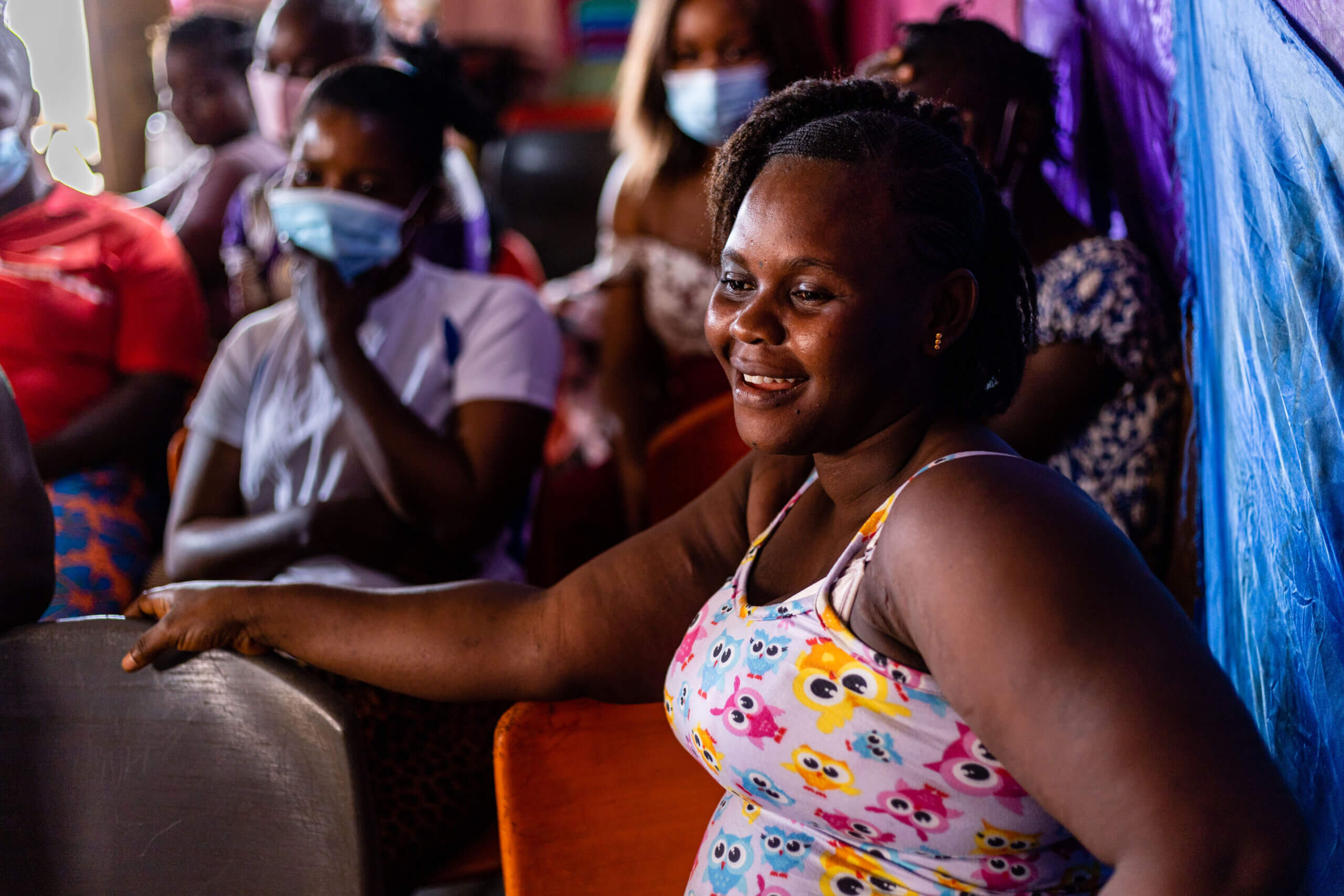Supporting choice from the playing field
What do sports have to do with reproductive choice?
For women and girls to be able to control their own futures, they have to be able to conveniently access the information and services they need. That’s why we meet them where they are—even on the playing field!
In Zambia, reaching adolescents with disabilities on the soccer field
About 11% of the Zambian population has some form of disability, and about 16% of them are aged 10-19 years. Adolescents with disability are more vulnerable to unwanted pregnancies, sexually transmitted infections (STIs) and HIV than their peers without disability. But too often, they face stigma and discrimination that keeps them from accessing the healthcare they need.

To address these challenges, MSI Zambia partnered with Tackle Africa, Zambia Agency for Persons with Disability (ZAPD) and Zambia National Association for the Deaf (ZNAD). They created an innovative program that uses soccer as a medium to provide sexual and reproductive health education to teen girls who are deaf.
During the program, sign language interpreters, peer educators and soccer coaches delivered interactive sessions. These exercises combined football drills with education about sexual and reproductive health. Girls reported that the sessions increased their understanding of health issues. They also gave them a comfortable, enjoyable space to ask questions and share their experiences.

In DRC, helping athletes take control of their health
Earlier this year, the Francophonie Games brought athletes from about 60 countries to Kinshasa, the capital city of the Democratic Republic of the Congo (DRC). Between competitions and cultural events, spectators and athletes could receive on-site reproductive healthcare counseling and services. MSI DRC provided services at all three main venues.
Hundreds of clients visited MSI’s locations for convenient, confidential care. Most left with a long-acting method that will protect them from unwanted pregnancy for years to come. More than 20% of these clients were adolescents. Now, they’ll be able to focus on building the futures they want, on the field and off.
In Uganda, promoting sexual health from the rugby pitch
Rugby fans in Uganda will now receive a reminder about the importance of sexual health every time they watch a match. LIFEGUARD Condoms, a brand distributed by MSI Uganda, is partnering with the popular Rams Rugby Club. Now, the LIFEGUARD logo will appear on the team’s jerseys to encourage open discussions about sexual and reproductive health.
At the launch, MSI Uganda’s Deputy Country Director, Dr Peter Ddungu, expressed:
“As an organization, we want to destigmatize conversations around sexual and reproductive health and contribute to a more open and accepting attitude towards using protection. Sports teams like Rams Rugby Club align with LIFEGUARD Condoms as both embody a positive, health-conscious image. We seek to prevent the spread of HIV/AIDS, sexually transmitted diseases, and unintended pregnancies, harnessing the power of sports to reach a wider audience and highlight the importance of making responsible choices.”






